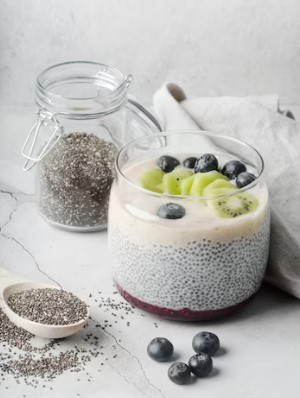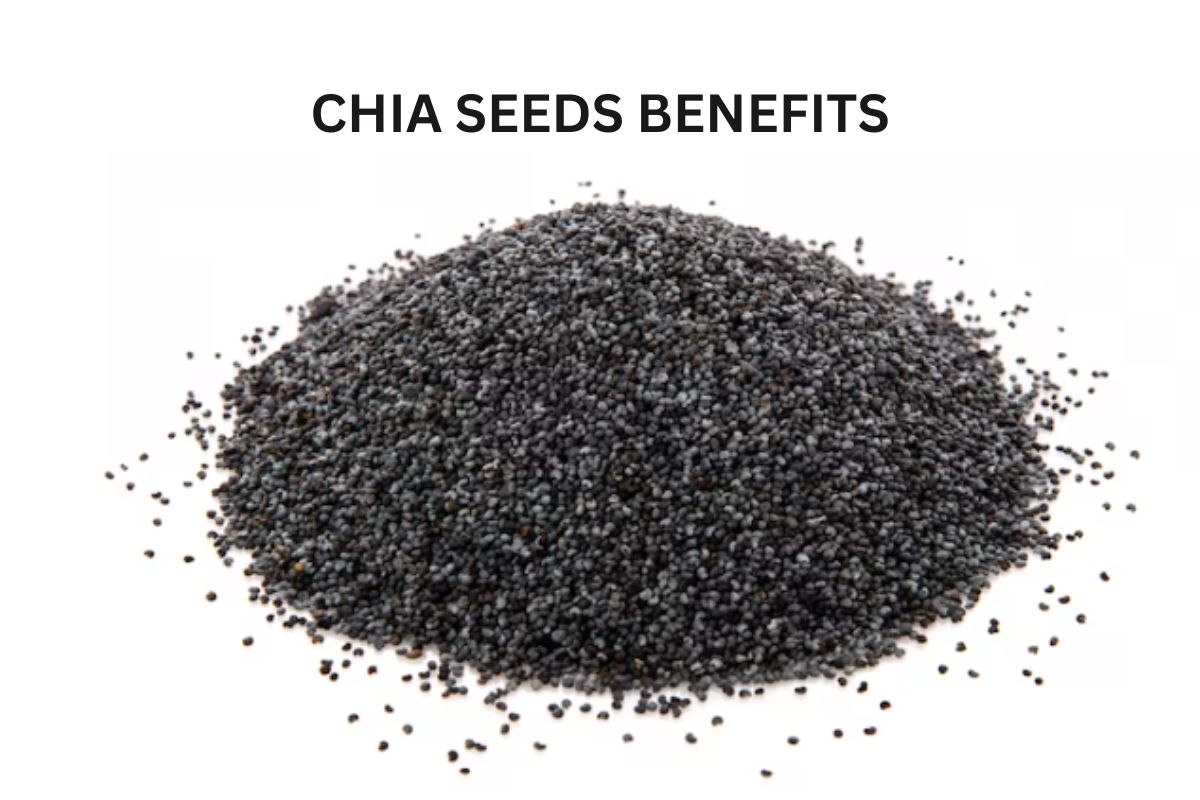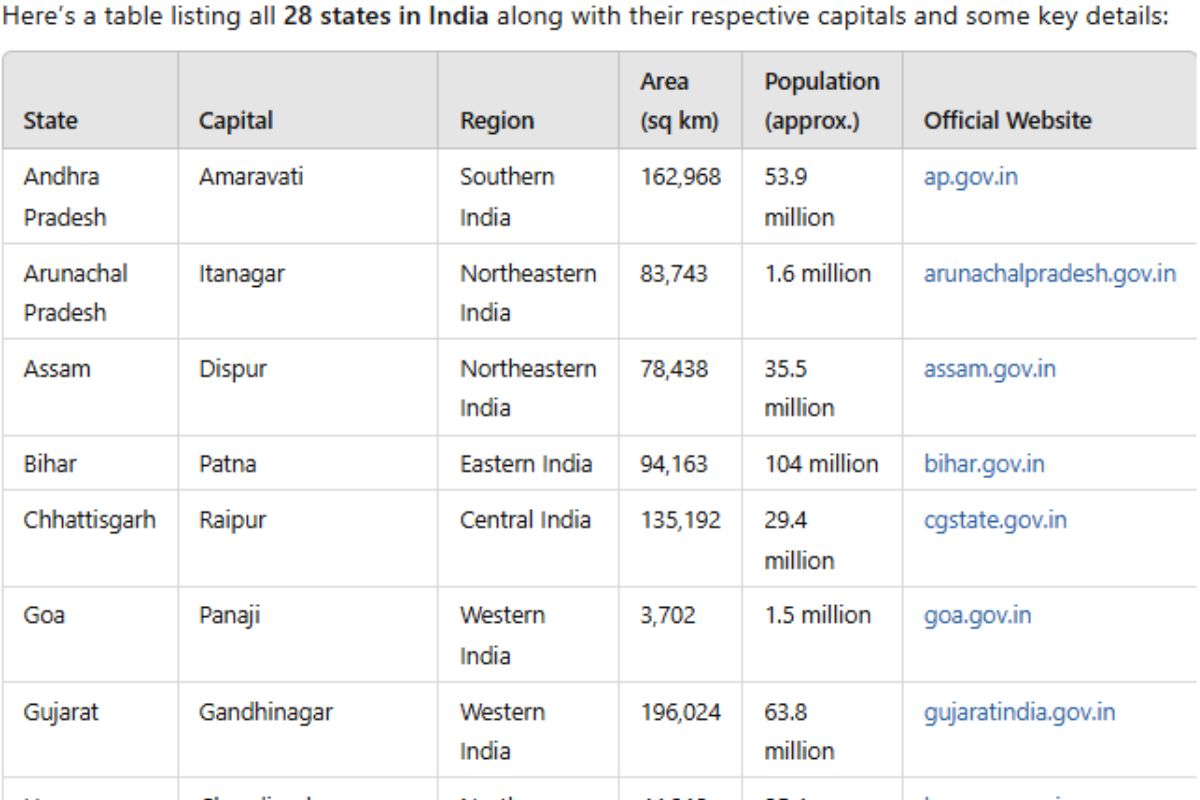In this blog we will discuss on this following topics 11 Health Benefits Of Chia Seeds And 6 Ways to Use Chia Seeds | Basic Chia Seed Preparation | list of chia seeds nutritious
Chia seeds are actually a single ingredient, and that is the seeds of the chia plant (Salvia hispanica). There are no additional ingredients in chia seeds. When you buy chia seeds, you are purchasing the seeds themselves, which are rich in nutrients like fiber, protein, omega-3 fatty acids, vitamins, and minerals. You can use these seeds as they are or incorporate them into various recipes to enjoy their nutritional benefits.
Chia seeds are highly nutritious and offer a range of health benefits due to their rich nutrient profile. Here’s a list of some of the key nutrients found in chia seeds
- Dietary Fiber: Chia seeds are an excellent source of dietary fiber, which aids in digestion, helps maintain a feeling of fullness, and supports regular bowel movements.
- Protein: Chia seeds are relatively high in protein for a plant-based food, making them a valuable addition to vegetarian and vegan diets.
- Omega-3 Fatty Acids: Chia seeds are one of the richest plant sources of alpha-linolenic acid (ALA), a type of omega-3 fatty acid known for its heart-healthy properties.
- Antioxidants: Chia seeds contain antioxidants, such as quercetin, chlorogenic acid, and caffeic acid, which help protect cells from oxidative damage.
- Vitamins: Chia seeds provide essential vitamins, including B vitamins (such as thiamin, niacin, riboflavin, and folate), vitamin E, and vitamin K.
- Minerals: Chia seeds are rich in minerals like calcium, magnesium, phosphorus, potassium, and zinc, all of which are vital for various bodily functions.
- Calcium: Chia seeds are an excellent plant-based source of calcium, important for maintaining strong bones and teeth.
- Magnesium: Magnesium is essential for muscle function, nerve function, and bone health, and chia seeds are a good source of this mineral.
- Phosphorus: Phosphorus plays a role in energy metabolism and bone health, and chia seeds provide a significant amount of this mineral.
- Iron: Chia seeds contain iron, which is important for transporting oxygen in the blood and preventing iron-deficiency anemia.
- Zinc: Zinc is necessary for immune function, wound healing, and maintaining healthy skin, and chia seeds contain this mineral.
- Folate: Folate is essential for cell division and the formation of DNA, making it crucial for growth and development.
- Potassium: Potassium helps regulate blood pressure, muscle contractions, and fluid balance in the body.
- Phytonutrients: Chia seeds also contain phytonutrients like lignans, which have potential health benefits, including hormone regulation and antioxidant properties.
- Hydration: Chia seeds can absorb water and help maintain proper hydration due to their ability to form a gel-like substance.
These nutrients make chia seeds a valuable addition to a balanced diet, and they can contribute to overall health and well-being when consumed regularly and in moderation.
Here are 11 health benefits of chia seeds :
1. Nutrient-Rich Superfood:
Chia seeds are packed with essential nutrients, including fiber, protein, vitamins, and minerals, making them a nutritional powerhouse.
2. Weight Management:
Chia seeds can aid in weight management by promoting a feeling of fullness and reducing overall calorie intake due to their high fiber content.
3. Heart Health:
The omega-3 fatty acids in chia seeds help lower bad cholesterol levels and reduce the risk of heart disease, while antioxidants protect the heart from damage.
4. Digestive Health:
Chia seeds’ soluble fiber aids digestion, supports regular bowel movements, and can help prevent constipation.
5. Blood Sugar Regulation:
Chia seeds help stabilize blood sugar levels by slowing the digestion of carbohydrates, benefiting individuals with diabetes or those at risk.
6. Bone Health:
Chia seeds are rich in calcium, magnesium, and phosphorus, essential for maintaining strong and healthy bones.
7. Hydration Support:
Chia seeds can absorb water, aiding in hydration maintenance, particularly beneficial for athletes and those in hot climates.
8. Anti-Inflammatory Properties:
The omega-3s in chia seeds have anti-inflammatory properties, which can reduce inflammation and benefit conditions like arthritis.
9. Skin and Hair Health:
Chia seeds’ nutrients, including omega-3s and antioxidants, promote healthy skin and hair, reducing inflammation and supporting a youthful appearance.
10. Energy Boost:
Chia seeds provide long-lasting energy due to their balanced ratio of carbohydrates, protein, and healthy fats.
11. Gluten-Free and Versatile:
Chia seeds are naturally gluten-free, making them an excellent choice for those with gluten sensitivities, and they can be easily incorporated into various recipes and diets.
Remember to consume chia seeds in moderation to enjoy their benefits without exceeding your daily calorie or nutrient intake goals.
Chia seeds themselves are not made; they are a natural food product harvested from the chia plant (Salvia hispanica). However, you can prepare and use chia seeds in various ways to incorporate them into your diet. Here’s a basic guide on how to use chia seeds:
Basic Chia Seed Preparation:
- Measure the Chia Seeds: Start by measuring the desired amount of chia seeds. A common ratio is 1 tablespoon of chia seeds to 2-3 tablespoons of liquid, but you can adjust this according to your preferences.
- Choose a Liquid: You can use a variety of liquids, such as water, milk (dairy or plant-based), fruit juice, or yogurt, depending on the recipe or your dietary preferences.
- Mix: Combine the chia seeds and liquid in a bowl or container. Stir well to ensure the chia seeds are evenly distributed.
- Wait and Stir Again: Let the mixture sit for a few minutes, usually around 5-10 minutes, and then stir again. This initial stirring prevents clumping.
- Refrigerate: Cover the mixture and refrigerate it. Chia seeds will absorb the liquid and form a gel-like consistency over time. This process can take a few hours or overnight.
6 Ways to Use Chia Seeds:
Once your chia seed mixture has gelled, you can use it in various ways:

- Chia Pudding: Add sweeteners (e.g., honey, maple syrup, or agave nectar) and flavorings (e.g., vanilla extract or cocoa powder) to the chia seed mixture to create a chia pudding. Top with fruits, nuts, or granola for added texture and flavor.
- Smoothies: Blend the chia seed mixture into your favorite smoothie to boost its nutritional content and add thickness.
- Oatmeal: Mix chia seeds into your morning oatmeal or cereal for added fiber and nutrients.
- Baking: Incorporate chia seeds into baking recipes like muffins, pancakes, or bread for an extra nutritional punch and improved texture.
- Salads: Sprinkle chia seeds on top of salads for added crunch and nutrition.
- Beverages: You can also add chia seeds to beverages like water, iced tea, or lemonade for a refreshing and hydrating drink.
Remember that chia seeds can absorb a lot of liquid, so you can adjust the amount of liquid you use to achieve your desired consistency. Experiment with different recipes and flavors to find the combinations you enjoy the most.
Also Read More
- 250 Shortest Captions for Instagram: Instant Inspiration
- Different Types of Cloud Computing With Advantages & Challenges
- What Is The Computer Network And It’s Types
- Strategies to Increase Your Instagram Followers
- 100 Unique Instagram Username Ideas For Your Instagram
- Top 10 Travel Insurance Companies With Cost & Benefits In 2023
- What Is The Cloud In Computer : Definition,Benefits In 2023







Pingback: How To Change Instagram Password In Two Minutes
Pingback: 100 Instagram Captions For Birthday Posts
Pingback: 28 Most Famous People in the World
Pingback: 6 Health Benefits of Watermelon
Pingback: What Are the Benefits of Sweet Potatoes?
Pingback: How Calories Are Calculated With Calculator - VIEWS STORY